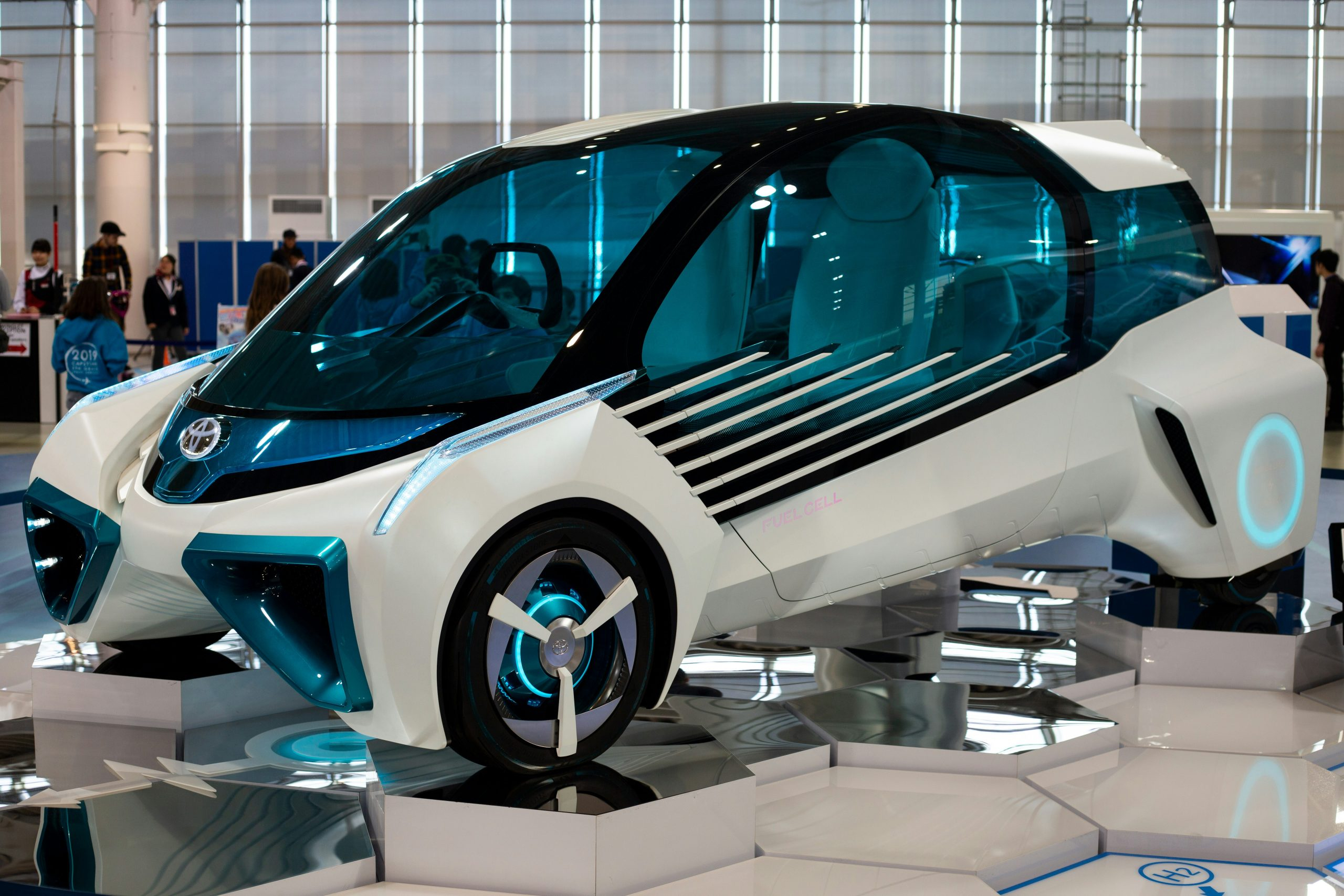Hydrogen-Electric Hybrids: The Best of Both Worlds?
In today’s world, the demand for clean and efficient transportation is on the rise. As we become more conscious of our impact on the environment, people are starting to shift towards eco-friendly alternatives. The automotive industry has been at the forefront of this transition, with the development of hybrid cars that combine the best of both gasoline and electric power. However, there is a new contender in the market that promises even higher levels of sustainability – Hydrogen-Electric Hybrids. In this article, we will explore the concept of Hydrogen-Electric Hybrids and uncover why they are considered the best of both worlds in the world of transportation.
The Basics of Hydrogen-Electric Hybrids
Hydrogen-Electric Hybrids, also known as Fuel Cell Hybrid Electric Vehicles (FCHEVs), are vehicles that use both hydrogen fuel cells and electric batteries to power their engines. Unlike traditional hybrid cars that rely solely on gasoline or diesel fuel, FCHEVs use a combination of hydrogen and electricity to drive their motors. This innovative technology has gained a lot of attention in recent years due to its potential to revolutionize the transportation industry and significantly reduce carbon emissions.
How do they work?
Hydrogen-Electric Hybrids operate in a similar way to traditional electric cars. They use an electric motor to power the wheels and the motor is connected to a traction battery that stores the electric energy. However, what sets them apart is the addition of a hydrogen fuel cell stack. The fuel cell stack takes in hydrogen, usually stored in a high-pressure tank, and combines it with oxygen from the air to produce electricity. The electricity is then used to power the electric motor and recharge the battery, allowing the car to travel longer distances.
The advantages of Hydrogen-Electric Hybrids
One of the greatest advantages of Hydrogen-Electric Hybrids is their super eco-friendly performance. The only emission produced by these vehicles is water vapor, making them zero-emission vehicles. This is a major improvement compared to traditional cars that emit harmful gases like carbon dioxide and nitrogen oxides. In addition to their low emissions, FCHEVs also have a longer driving range compared to electric cars, which is a major drawback for electric vehicles. FCHEVs can travel over 300 miles on a full tank, which is almost triple the range of most electric cars on the market.
Another advantage of Hydrogen-Electric Hybrids is their quick refueling time. While electric cars can take hours to charge, FCHEVs can be refueled in just a few minutes. This makes them more convenient for long-distance trips and eliminates the need to worry about running out of charge. Furthermore, FCHEVs have a higher efficiency compared to traditional gasoline cars, which means they can travel longer distances on the same amount of fuel.
The challenges of Hydrogen-Electric Hybrids
Hydrogen-Electric Hybrids have many advantages, however, there are still a few challenges that need to be addressed before they become a mainstream option for consumers. One of the biggest challenges is the lack of infrastructure for hydrogen refueling stations. Currently, there are only a few hundred hydrogen fueling stations worldwide, making it difficult for FCHEV owners to find a place to refill their tanks. This is something that needs to be addressed in order to make FCHEVs a viable option for consumers.
In addition to the lack of infrastructure, FCHEVs also have a higher upfront cost compared to traditional cars. This is due to the expensive and complex technology involved in producing these vehicles. However, as the technology advances and becomes more widely available, the cost is expected to decrease.
The future of transportation
Despite the challenges, the future looks promising for Hydrogen-Electric Hybrids. Many major automakers, including Toyota, Hyundai, and Honda, have already introduced FCHEVs into their lineup. The increased demand for clean and sustainable transportation, coupled with advancements in technology, is leading towards a future where FCHEVs will become a common sight on the roads.
Hydrogen-Electric Hybrids are truly the best of both worlds when it comes to transportation. With their low emissions, longer range, and quick refueling times, they offer an attractive alternative to traditional gasoline and electric cars. Although there are still hurdles to overcome, the potential of this technology is undeniable. As we work towards a greener and more sustainable future, FCHEVs will play a crucial role in reducing our carbon footprint and slowing down climate change.
So, next time you’re in the market for a new car, consider the benefits of a Hydrogen-Electric Hybrid and join the revolution of sustainable transportation.










